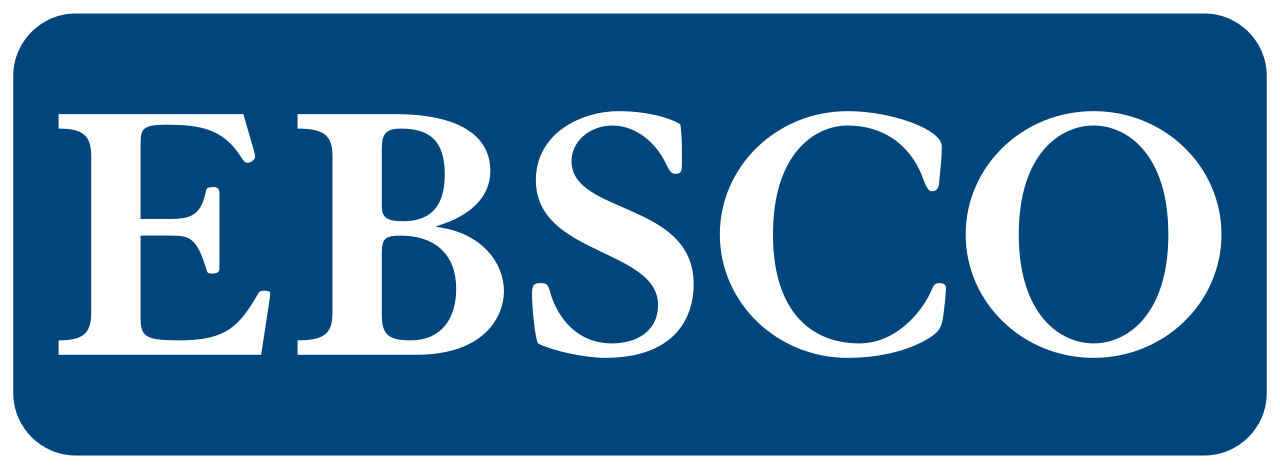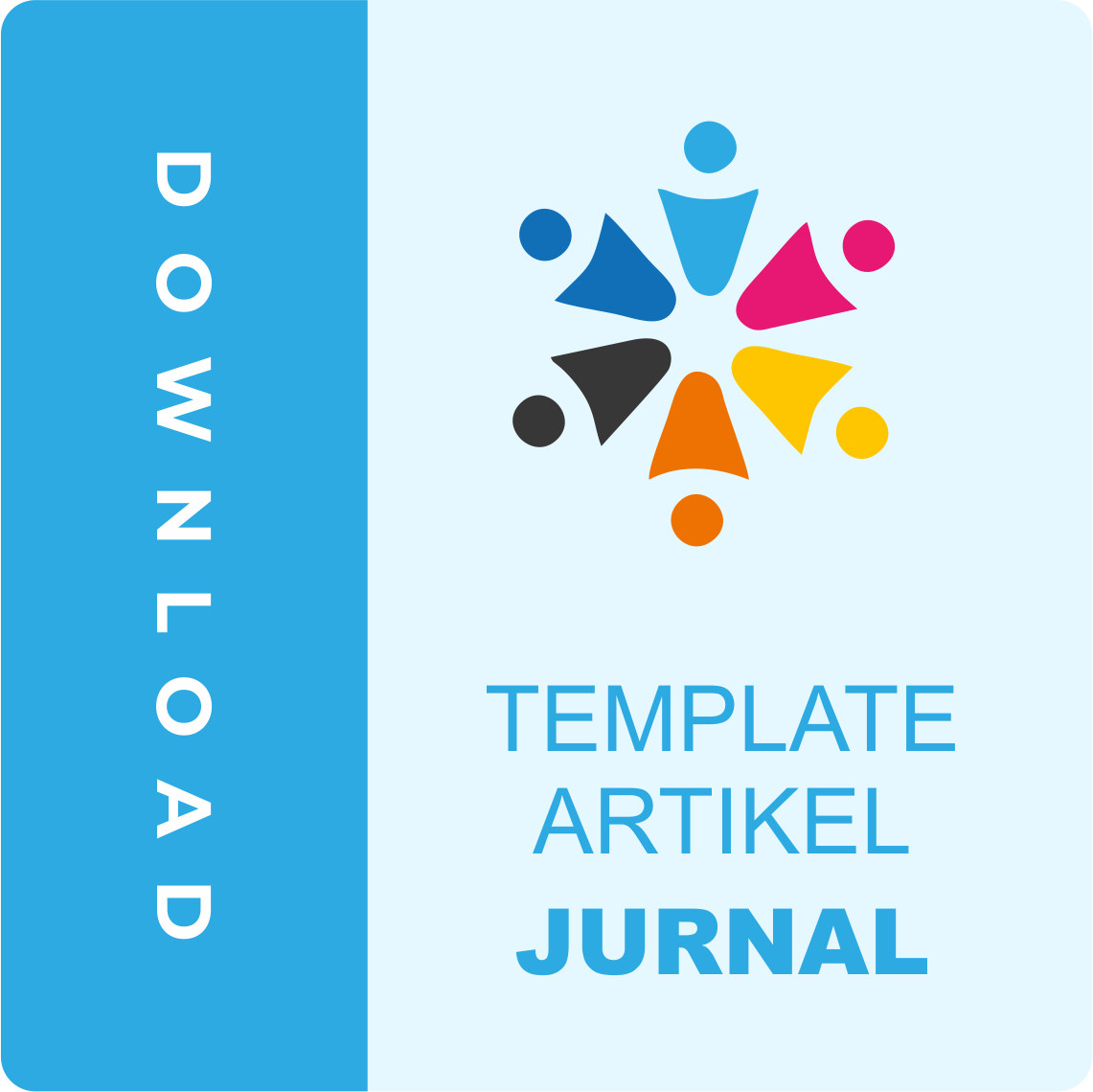Unveiling the Merdeka Curriculum in Indonesia: Insights from Educators and Policymakers on Its Effectiveness and Implications
Downloads
This study examines the Merdeka Curriculum, a recent educational reform in Indonesia designed to empower teachers and students with greater flexibility in learning. Rooted in the philosophy of "Merdeka" (freedom), the curriculum allows teachers to tailor instructional methods to students' individual needs, optimizing content delivery and enhancing competencies. Central to the curriculum is character development, inspired by Indonesia's national ideology, Pancasila, through the Pancasila Student Profile. This approach fosters integrity, empathy, and social responsibility—values crucial for local and global success, which align with Global Citizenship Education (GCE) that equips students to navigate an interconnected world meaningfully. Employing a qualitative research approach, this study endeavors to capture the perspectives of policymakers and educators responsible for implementing the Merdeka Curriculum. Utilizing semi-structured interviews, participants are encouraged to openly share their insights, challenges, and recommendations. The study concludes that the Merdeka Curriculum has been integrated into approximately 70% of Indonesian schools in three years. Successful strategies include resource allocation, teacher training, and enhanced visual support, which proved especially impactful during the COVID-19 pandemic. The findings highlight the transformative effects of character-based and project-based learning approaches, which increased student enthusiasm and necessitated cultural and mindset shifts. Key recommendations emphasize maintaining curriculum consistency, prioritizing character education, and maximizing the Merdeka Mengajar Platform to support educators. Additionally, fostering collaboration among stakeholders and expanding teacher involvement remain critical to successful implementation. This dissertation contributes to educational reform discussions, offering insights for enhancing curriculum design and improving Indonesia's education system to prepare students for 21st-century challenges.
Copyright (c) 2024 Allegra Kartika

This work is licensed under a Creative Commons Attribution-ShareAlike 4.0 International License.




